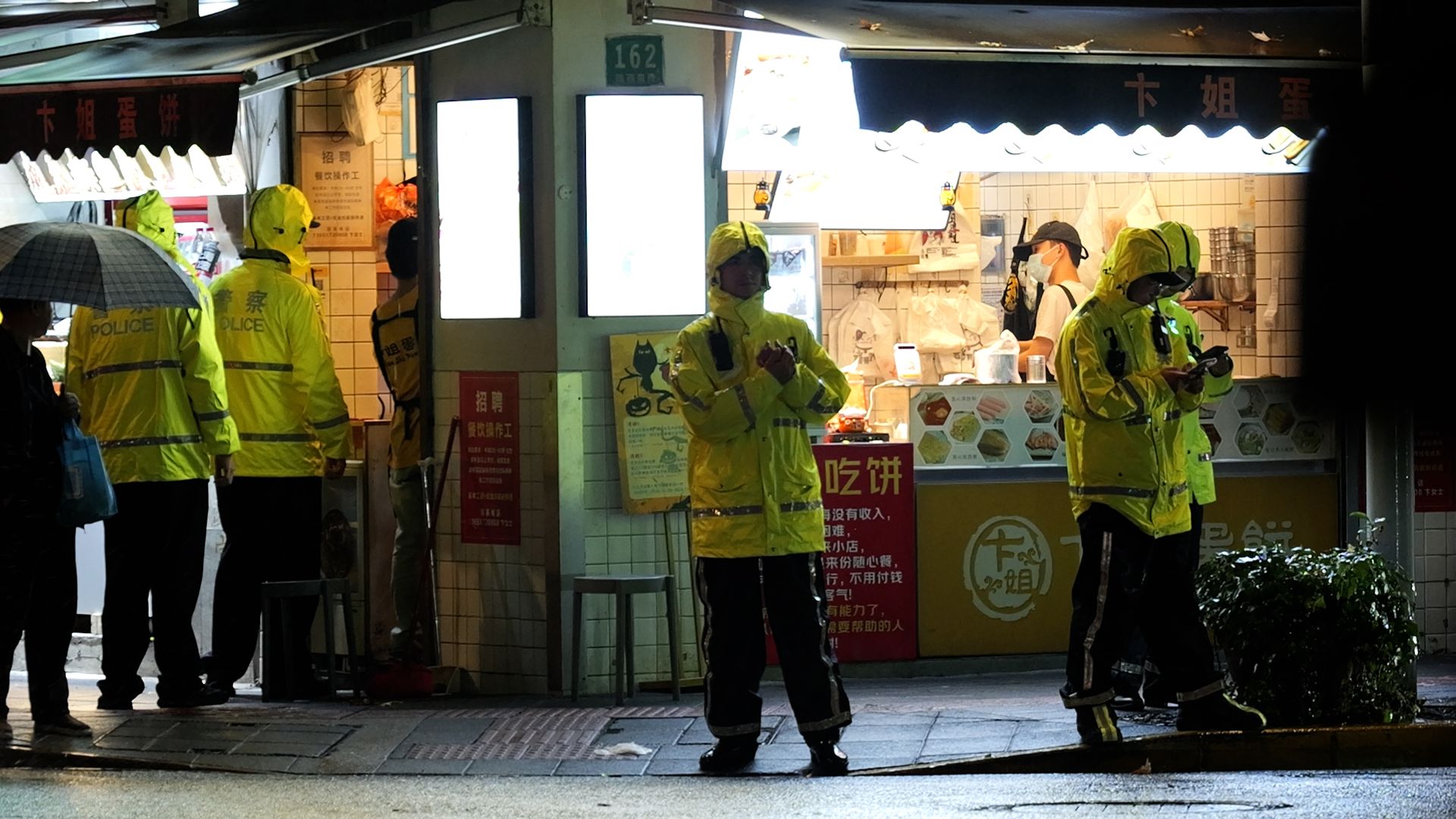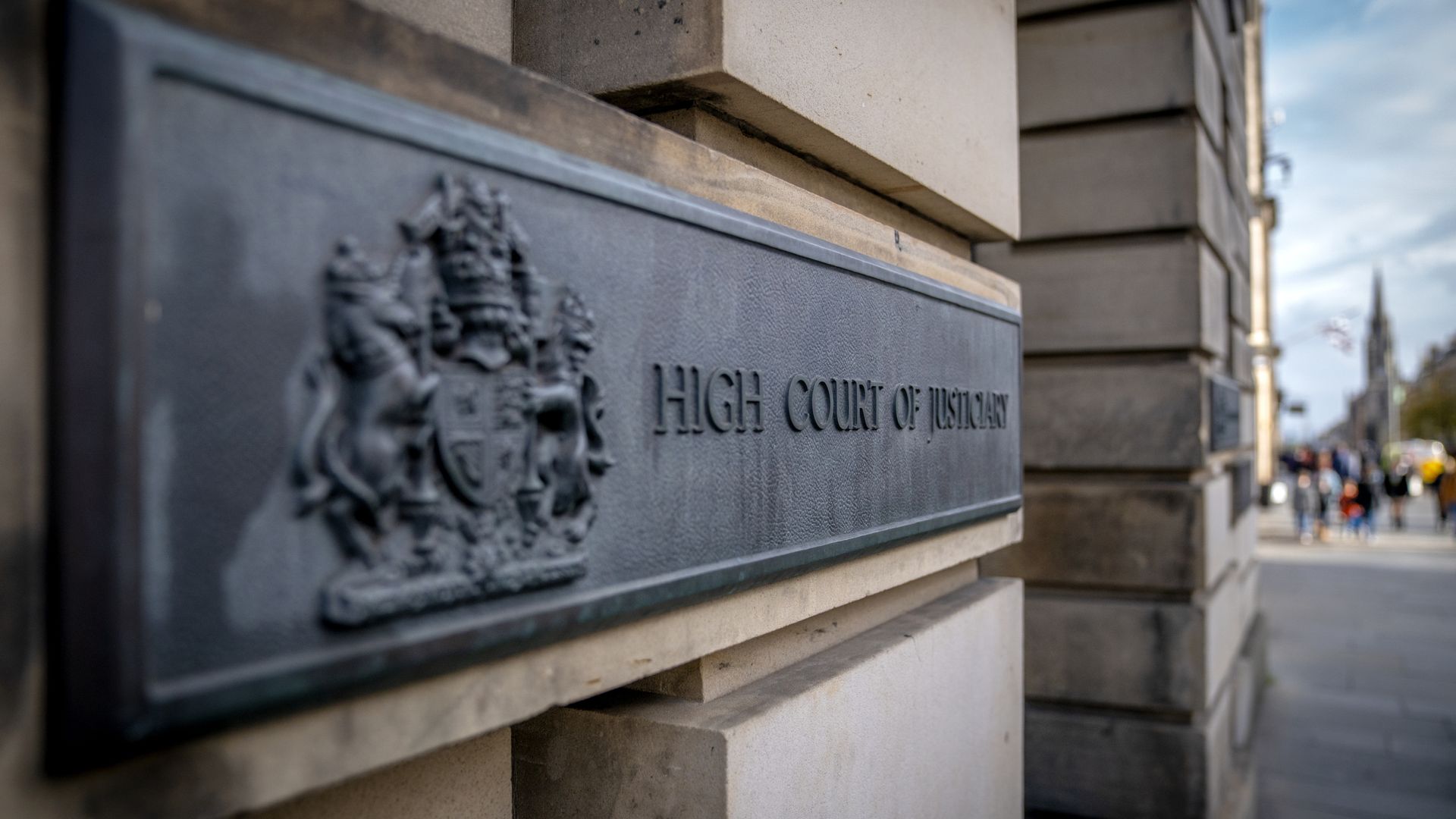
The BDN Editorial Board operates independently from the newsroom, and does not set policies or contribute to reporting or editing articles elsewhere in the newspaper or on bangordailynews.com.
Sales of flavored tobacco are already banned in Bangor, Portland and several other large communities in Maine, but sales of these products remain legal in smaller towns and rural areas. This could exacerbate existing health disparities between urban and rural Maine, which bolsters the case for a statewide ban on flavored tobacco products..
A key rationale for these bans has been to keep tobacco products away from young Mainers, who favor the flavored versions. Although it is illegal to sell tobacco products to those under 21, Vaping among high school students had been on the rise in Maine, but dropped in 2021, according to a statewide survey.
State lawmakers are again considering a statewide ban. A proposed ban failed in 2021, in part, because of concerns over the tax revenue the state would lose if sales of flavored e-cigarettes, cigarettes and other tobacco products were banned statewide. However, bans in cities like Bangor and South Portland mean that the state may already be forgoing some of this revenue already.
Bangor was the first community in Maine to vote to ban the sale of such products in the fall of 2021. Since then, Portland has enacted its own anti-flavored tobacco sales ordinance, as have Brunswick, South Portland, Bar Harbor and Rockland.
Although cigarette use among teens has been on the decline, there had been a troubling increase in vaping in recent years. In 2019, more than 1 in 4 Maine high school students reported using e-cigarettes, according to a statewide health survey. That is nearly double the rate of just two years earlier. Sixteen percent of middle school students reported that they had tried vaping in 2019, up from 10 percent in 2017.
In the 2021 survey, these numbers dropped, but close to a third of high school students still reported having vaped. Ten percent of middle school students reported using a vape product in the 2021 survey.
Nationally, 85 percent of the youth who vape use flavored e-cigarettes. With hundreds of flavors, including many of which sound like candy or soda, these products appear aimed at young people.
According to data from the Food and Drug Administration, three-quarters of teens and young adults who are current tobacco users reported that the first tobacco product they ever used was flavored. The agency also reports that nearly all smoking begins by age 18.
Keeping tobacco products out of the hands of young people is a priority to break this cycle, which will improve lives and save money on smoking-related health care.
It is illegal to sell tobacco products to anyone under age 21 in Maine. But the youth health survey results and state compliance reports show that there are many gaps in this law.
Tobacco retailers and store owners made a fairly strong argument, when they opposed local bans, that a statewide ban makes more sense. Now, they oppose a statewide ban, arguing that customers will buy these products in nearby states and online.
Online sales to minors are a major concern. Although they are illegal, the federal government has done a poor job of stopping these sales, according to a recent report from the U.S. Health and Human Services Department inspector general.
Numerous doctors testified last week in support of the ban legislation, LD 1215.
Amy Buczkowski, a hospital-based pediatrician and board member of the Maine chapter of the American Academy of Pediatrics, spoke of the lung damage from significant e-cigarette use that she has seen in adolescent patients. She also spoke to the disparity in health outcomes between urban and rural areas, a disparity that could be worsened by banning flavored tobacco in only urban areas.
“LD 1215 is an important piece of legislation for Maine’s children to prevent nicotine addiction and save downstream healthcare costs, deter tobacco companies from targeting children with their products, and to achieve health equity,” Buczkowski said in testimony before the Legislature’s Health and Human Services Committee.
For these reasons, banning flavored tobacco statewide is a reasonable step in continued efforts to prevent youth tobacco use.











